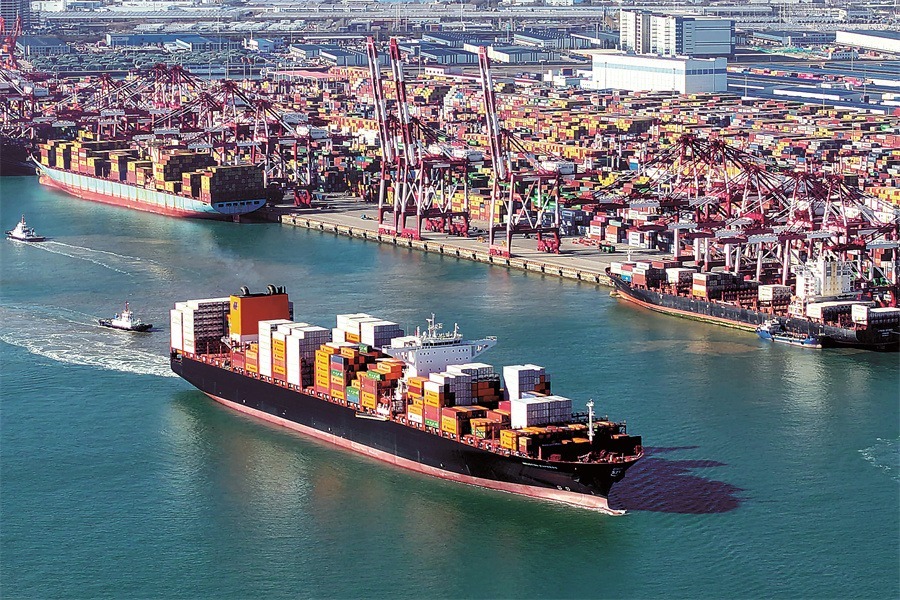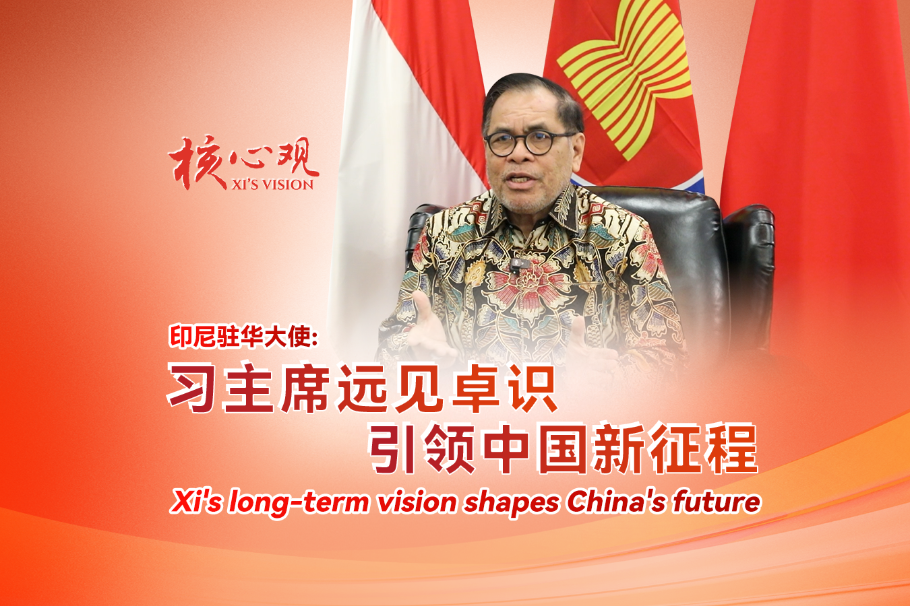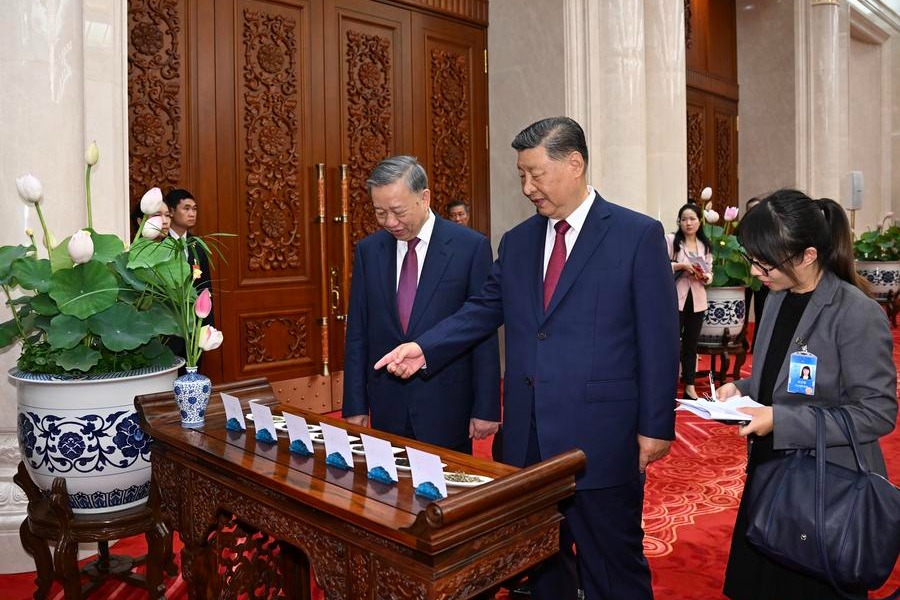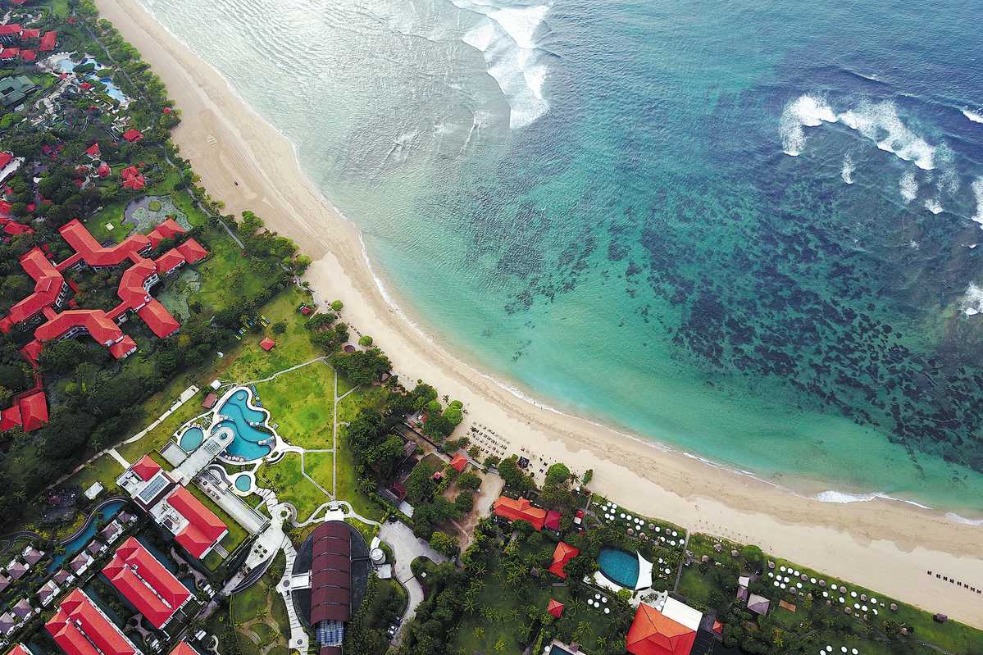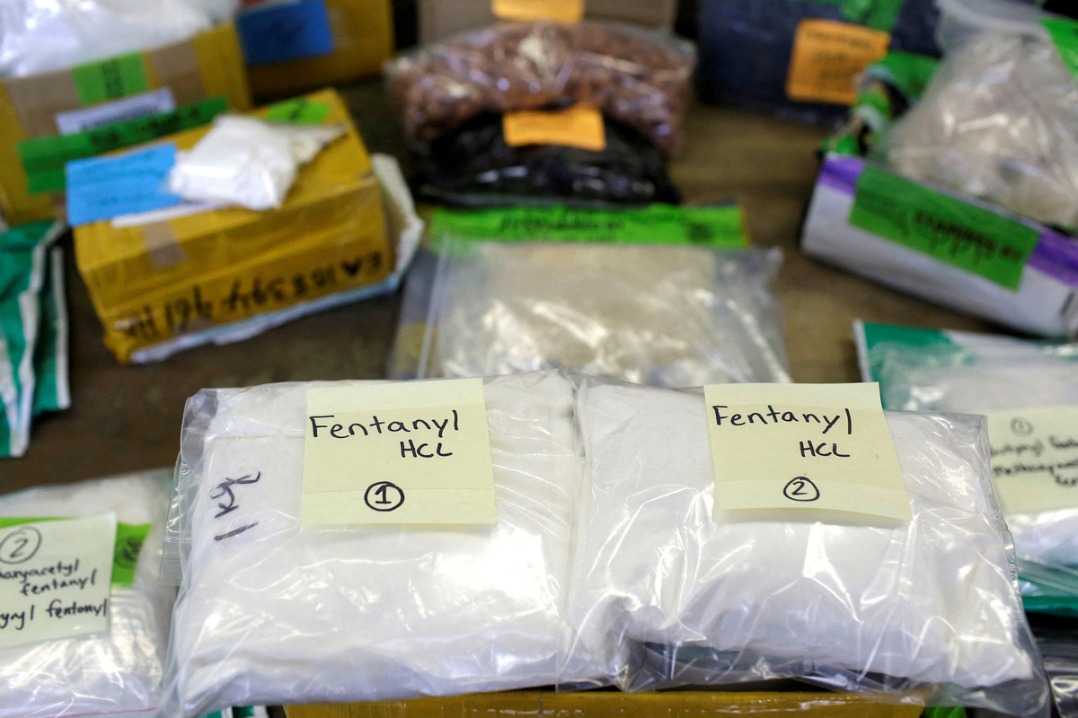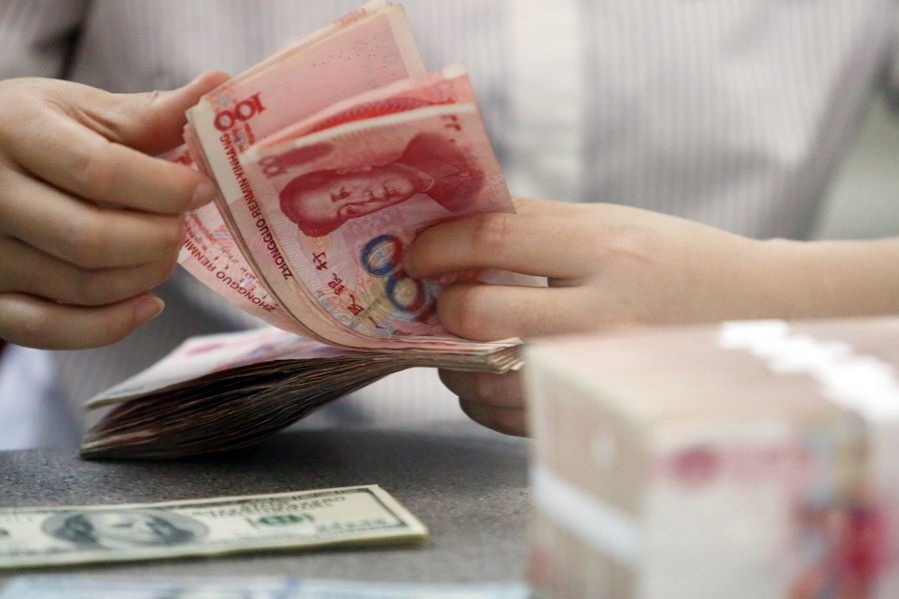Asia's path in a transforming world

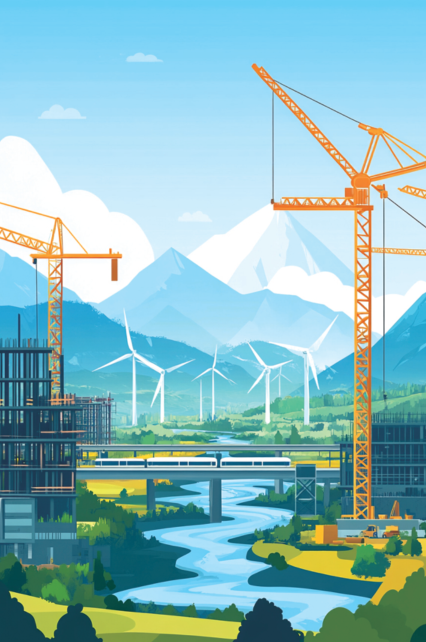
A more integrated Asia benefits everyone, ensuring collective resilience in an era of uncertainty
Eighty years ago, Asia was recovering from wars, colonial legacies and economic challenges. Today, it is the world's economic engine, contributing more than half of global growth. But will this success lead to greater cooperation, or will fragmentation define the region's rise? The answer lies in the choices we make today. The Boao Forum for Asia 2025 presented an opportunity to shape those decisions, urging sustainable and inclusive growth.
Indonesia has long played a role in the Boao Forum. In 2005, then-president Susilo Bambang Yudhoyono addressed the forum under the theme "Asia Searching for Win-Win: The New Role for Asia". That year marked the establishment of the strategic partnership between Indonesia and China, setting the stage for future collaboration.
Today, the global landscape is shifting rapidly, with economic realignments, technological breakthroughs, geopolitical tensions, and climate change impacts. Now is the time to think bigger, act faster, and collaborate more deeply.
Sustainability is more than crisis management; it's about lifting communities out of poverty, safeguarding natural resources, and ensuring long-term prosperity. Resilience may not yield immediate returns, but it lays the foundation for stability.
Under President Prabowo Subianto, Indonesia is integrating infrastructure, food security, water management and energy sustainability into a unified strategy. These areas are interconnected. No infrastructure is valuable without electricity, clean water or agricultural productivity. Indonesia's initiatives, such as improving irrigation systems and scaling renewable energy, contribute to a resilient economy. In Central Java, improved irrigation has boosted agricultural yields, reducing climate risks.
No country can tackle sustainable development alone. Climate risk, energy security and food resilience are global challenges that require cooperation. True sustainability can only be achieved through joint action. Three areas stand out: infrastructure connectivity, the clean energy transition and digital transformation.
Infrastructure connectivity is crucial for trade and investment. Without efficient roads, ports and digital networks, economic growth stagnates. Indonesia advocates for deeper cooperation on cross-border infrastructure to ensure widespread benefits. The Master Plan on ASEAN Connectivity 2025 offers a framework, while countries such as Vietnam and Thailand highlight how public-private partnerships can accelerate development.
Building on this regional commitment, Indonesia actively fosters partnerships with key international players to enhance its infrastructure network. A notable example is the Jakarta-Bandung High-Speed Railway, also known as Whoosh, developed in collaboration with China as part of Indonesia's broader infrastructure strategy. Beyond enhancing connectivity, the project stimulates economic growth along its corridor, generating new opportunities for businesses and local communities.
Regional cooperation is vital for the clean energy transition. Moving away from fossil fuels presents challenges for emerging economies, but reliance on outdated energy sources is unsustainable. The Asian Development Bank estimates that unchecked climate change could shrink regional GDP by up to 17 percent by 2070. On the other hand, investment in green infrastructure and clean energy could unlock billions of dollars in economic gains and create thousands of jobs. Indonesia, with the world's largest geothermal reserves, is making renewable energy a central part of its strategy.
Indonesia's energy transition extends beyond geothermal development to the strategic expansion of its battery and electric vehicles ecosystem. A key priority is advancing its nickel downstream industry to maximize domestic value creation and strengthen global competitiveness. To support this vision, Indonesia has engaged international partners, with investment from China playing a significant role in accelerating development. By leveraging its resources, fostering innovation, and driving industrial growth, Indonesia is positioning itself as a major player in the global battery and EV supply chain.
Digital governance must also be addressed. Artificial intelligence, data and automation are reshaping industries, offering potential to enhance energy efficiency, healthcare and education. But without regulation, these technologies could widen inequalities and create security risks. Indonesia supports the establishment of a global framework for AI governance to ensure technology benefits society while reducing digital divides. Clear regulations and ethical standards are necessary for inclusive growth.
As global dynamics change, Asia stands at a critical juncture. Will it become a battleground for rivalries, or will it rise as a unified force for stability and progress? Traditional security frameworks that focus on military strength and economic power are no longer sufficient. Long-term resilience now depends on food, water and energy security, as well as defense and diplomacy.
For decades, the Association of the Southeast Asian Nations has anchored regional stability, guided by the belief that regional challenges require regional solutions. Strengthening ASEAN institutions, advancing security dialogues, and reinforcing multilateral partnerships are key to lasting peace and economic resilience. A connected Asia is not only an engine of growth but also a pillar of geopolitical stability. Through cooperation with diverse partners, including China as a comprehensive strategic partner, ASEAN plays a vital role in promoting inclusive and sustainable growth, ensuring that the benefits are widely shared across the region.
Regional cooperation faces challenges such as diverging national interests and economic disparities. But the cost of fragmentation is much higher. A more integrated Asia benefits everyone, ensuring collective resilience in an era of uncertainty.
Sustainable development is no longer just an economic priority; it is a security imperative. Trust, shared responsibility, and inclusive growth must underpin Asia's development agenda. Decisions made today will determine whether the region emerges as a model of unity and innovation or succumbs to division and short-termism.
The future is not something to wait for; it is something we build together. Governments must commit to bold reforms, businesses must drive sustainable innovation, and regional partnerships must move from rhetoric to results. Only then will Asia's rise be defined by collaboration rather than fragmentation.
As the Javanese say, Becik ketitik, olo ketoro; good deeds will be seen, and bad deeds will not stay hidden forever. The choices we make will define the world our children inherit.
The author is coordinating minister for the Infrastructure and Regional Development, Indonesia. The author contributed this article to China Watch, a think tank powered by China Daily.
The views do not necessarily reflect those of China Daily.
Contact the editor at editor@chinawatch.cn.

















